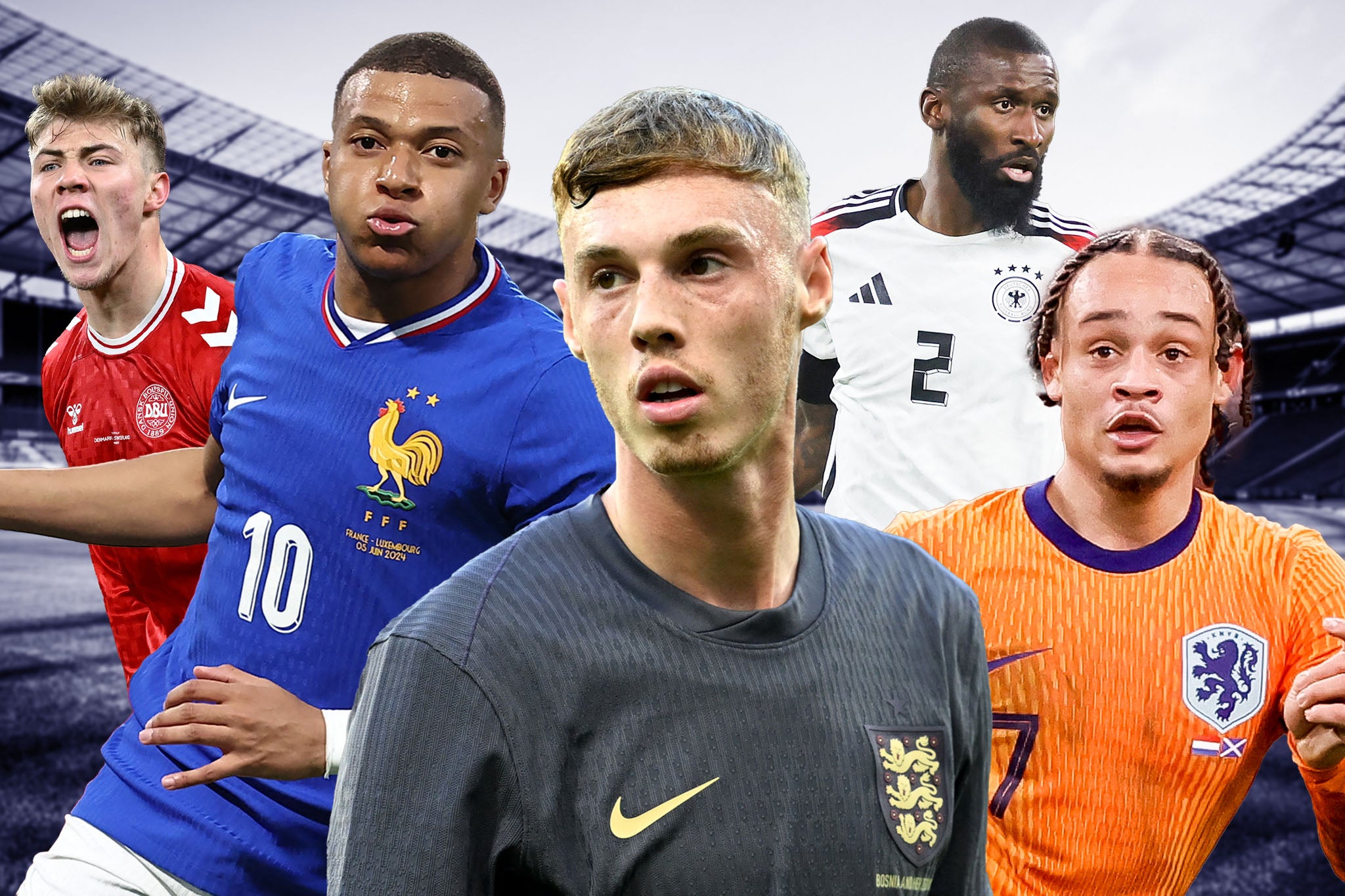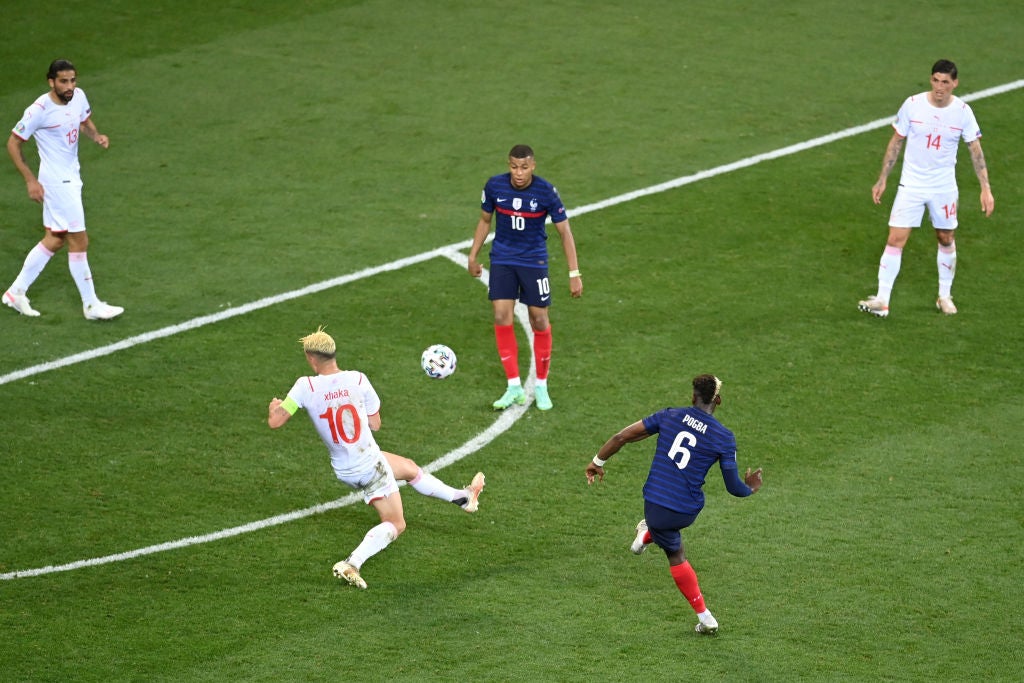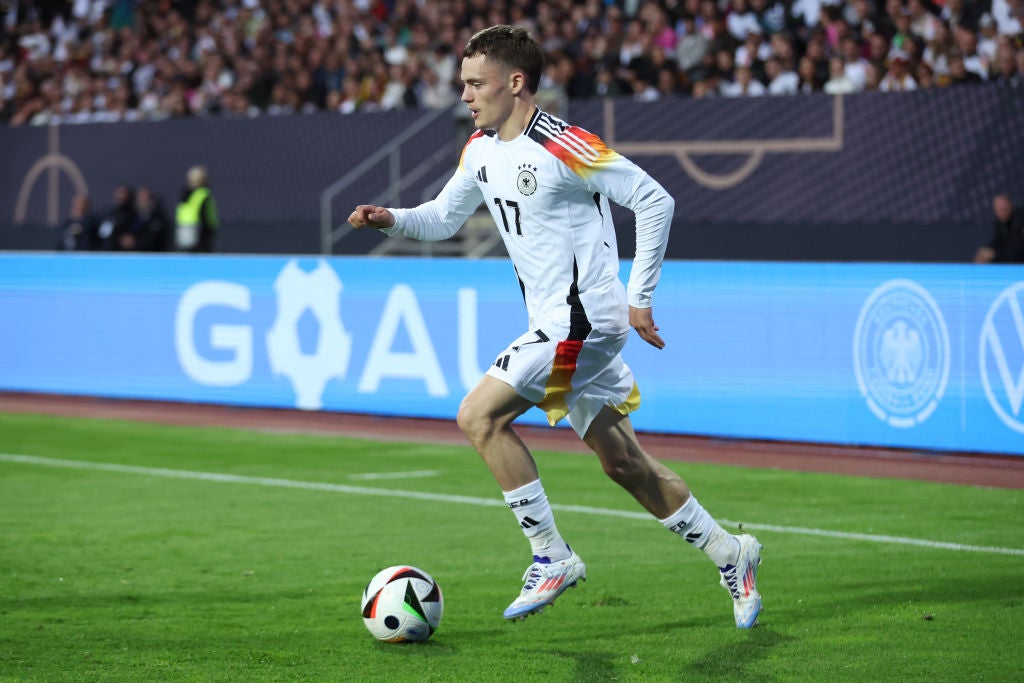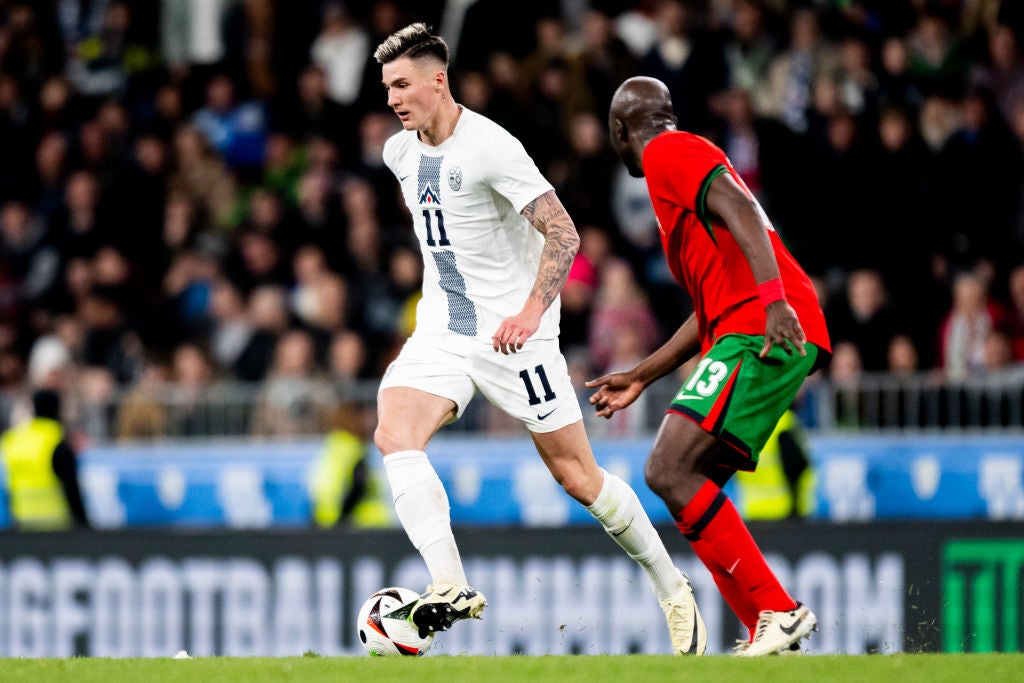Fantasy Euro 2024 guide and tips: Best players, how to score and bargain signings to consider
Kylian Mbappe is the most expensive player in the game – will he prove to be the best value though?

Euro 2024 has arrived and that can only mean one thing... Fans of all 24 countries fuming at their national team head coaches and insisting they could do a better job, pick a more exciting team, go further in the tournament.
Thankfully, they have a chance to do that – sort of – with fantasy football back on the radar. We’re using the official Uefa version for the summer and have below detailed everything you need to know to get started (which will be familiar to Fantasy Premier League veterans) and picked out a handful of possible stars for your team.
There are even prizes on offer for a lucky few, including game consoles, footballs, kits and a trip overseas. You can sign up to create your team here.
The basics
There are seven “gameweeks”: one for each round of group games, then one for each of the last 16, quarter-finals, semis and the final. As is the case in FPL, transfers and changes come into effect at the end of each gameweek/before the next starts, but the difference here is that you can make subs or change captain after the first day of each gameweek.
Your squad is made up of 15 players: two goalkeepers, five defenders, five midfielders and three forwards. You have a budget of 100m to sign these, which rises to 105m for the knockouts. Initially, you can have a maximum of three from each national team, increasing with each subsequent round of the tournament. Starting formations are up to each manager, with normal limits such as including a goalkeeper.
During the groups you get two transfers per gameweek, then it’s unlimited before the knockouts starts. Deadlines for arranging your team are basically kick-off times for the first match in each round of games. There are also wildcards and chips – more details below.
For quick reference, players are listed as goalkeepers (GK), defenders (DEF), midfielders (MID) or forwards (FWD).
How to score points
Get points when your players score goals, ranging from 4 for FWDs, 5 for MIDs and 6 for GK/DEFs. All of them get 3 points for an assist, 1 point for playing, an additional 1 point for at least 60 minutes on the pitch and an additional 1 if they score from outside the box.

Clean sheets are awarded as 4 GK/DEF, 1 MID. For every two conceded, GK and DEF lose a point. GK earn an extra 1 point every three saves and 5 points for a penalty save.
Player of the match gets 3, while the age-old search for defensive midfielders’ relevance sees 1 point awarded per 3 balls recovered. Points are lost for conceding a penalty, missing one, being carded and scoring an own goal.
For a full list of scoring, click here.
Top players
The most expensive players in each position are:
GK | Gigi Donnarumma, Italy | Manuel Neuer, Germany | 6.0m | ||
DEF | Virgil van Dijk, Netherlands | Joao Cancelo, Portugal | Ruben Dias, Portugal | Kieran Trippier, England | 6.0m |
MID | Jude Bellingham, England | Kevin De Bruyne, Belgium | 9.5m | ||
FWD | Kylian Mbappe, France | Harry Kane, England | 11.0m |
The most expensive players overall:
11.0m | Kylian Mbappe, FWD | Harry Kane, FWD | ||
10.0m | Cristiano Ronaldo, FWD | |||
9.5m | Jude Bellingham, MID | Kevin De Bruyne, MID | Robert Lewandowski, FWD | |
9.0m | Phil Foden, MID | Bruno Fernandes, MID | Romelu Lukaku, FWD | Antoine Griezmann, FWD |
8.5m | Jamal Musiala, MID | Bukayo Saka, MID | Rafael Leao, FWD | Bernardo Silva, MID |
8.5m | Alvaro Morata, FWD | Joao Felix, FWD | Diogo Jota, FWD |
The most popular players selected by managers so far, with percentage of teams picking them:
1. Kylian Mbappe 77% | 2. Harry Kane 49% | 3. Jude Bellingham 45% | 4. Florian Wirtz 39% |
5. Jeremie Frimpong 33% | 6. Phil Foden 32% | 7. Virgil van Dijk 32% | 8. Antonio Rudiger 32% |
9. Bruno Fernandes 26% | 10. Theo Hernandez 26% | 11. Rodri 25% | 12. Jordan Pickford 24% |
13. Joao Cancelo 23% | 14. Kevin De Bruyne 20% | 15. Alex Grimaldo 20% | 16. Federico Dimarco 20% |
17. Andriy Lunin 18% | 18. Jamal Musiala 17% | 19. Mike Maignan 17% | 20. Xavi Simons 16% |
Bargain considerations
Eagle-eyed players among you will see that a couple of the names above have already been snapped up by plenty of managers because they represent a potential bargain, given their price and positions.
First among them is Alex Grimaldo, the probable starting left-back for Spain who is only 5.0m. As a riskier pick, plenty have gone for Jeremie Frimpong of Netherlands at 5.5m – if they play wing-backs he might not start, but he did start a recent friendly right wing in a 4-3-3 and is listed as a defender, which could prove profitable. Less than the very top defenders at 5.5m is Antonio Rudiger, a Champions League winner and must-play option for the hosts; similarly, Gianluca Mancini is only 4.5m and could be installed as a centre-back starter for Italy after two injuries since the initial squad list was announced.

In midfield, Florian Wirtz and Cole Palmer are both 7.5m and could have a big say in goal returns for their nations, as could the same-priced Dani Olmo for Spain – who has started recently as a No 10 for them.
Even cheaper, Dutch winger Xavi Simons is only 7.0m, as is Germany skipper Ilkay Gundogan who will play an attacking role and faces an injury-hit Scotland in his first gameweek. Similarly, Ukrainian winger Mykhailo Mudryk ended the season in good form and is up against a low-quality-looking Romania in his opener.
Toni Kroos on Germany set pieces, Rodri as Spain’s penalty taker and Scott McTominay, who might be Scotland’s biggest goal threat, are all 6.5m.
Up front and below 8.0m, Kai Havertz is an attractive pick at 7.5m, so too Rasmus Hojlund who has a great strike rate at international level and can be the goalscorer Denmark have been crying out for – it might be a forgiving group for him, too. Much-admired Slovenia striker Benjamin Sesko (7.0m), potential France starter Marcus Thuram (7.0m) and Spanish teen Yamine Lamal (6.5m) are all possible gamble options for a lower-cost third forward.

Transfers, chips and deadlines
Any number of alterations can take place before the tournament starts, and then again between the end of the groups and the start of the last 16. As above, there are two transfers per group gameweek, then you can make three transfers before the quarters, four before the semis and five before the final itself. A maximum of one can be rolled over unused between gameweeks.
As deadlines are at kick-off in the first match each round, you can benefit by seeing the starting lineups in that first fixture. Full timings are here.
There are two chips to use: wildcard and limitless. You can’t play them (because you don’t need to) in gameweeks one and four.
The wildcard allows you to make unlimited changes and transfers to your team, as long as you stay within budget and other rules. Those players you bring in with your wildcard become your new squad going forward. On the other hand, the limitless chip will basically give you free reign to pick whoever you want irrespective of price – if you want Harry Kane, Kylian Mbappe and Cristiano Ronaldo up front, go for it. You get them, with no cost cap, but for one round of games only. You also still can’t break the squad limits, it’s just pricing which disappears.
Tips and strategy
As you can change them, it makes sense to select your initial captain each gameweek from the nations who play on the first day. If they don’t do the business or you think someone in the next games can do better, that’s when you can alter it. You can’t go back afterwards or pick someone who has already played.
Judge your main points-getters by their fixtures: several big encounters take place in gameweek 2, including Spain vs Italy.
And of course, double-check your selections have made the final squads and are not sidelined: 1% have the unselected Marcus Rashford in their teams at present and a full 17% have Mike Maignan, who might miss France’s first game through injury!
Join our commenting forum
Join thought-provoking conversations, follow other Independent readers and see their replies
Comments
Bookmark popover
Removed from bookmarks